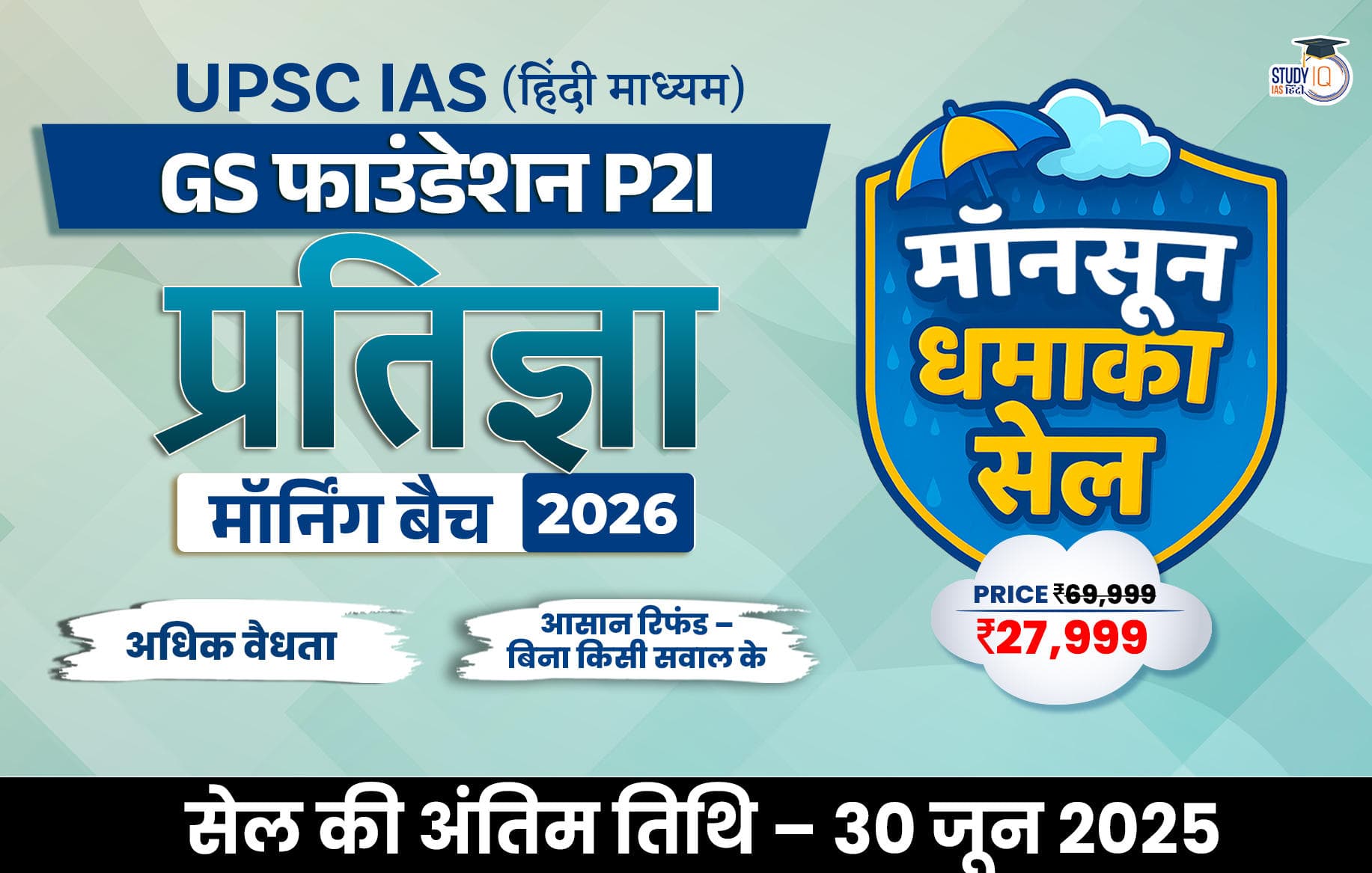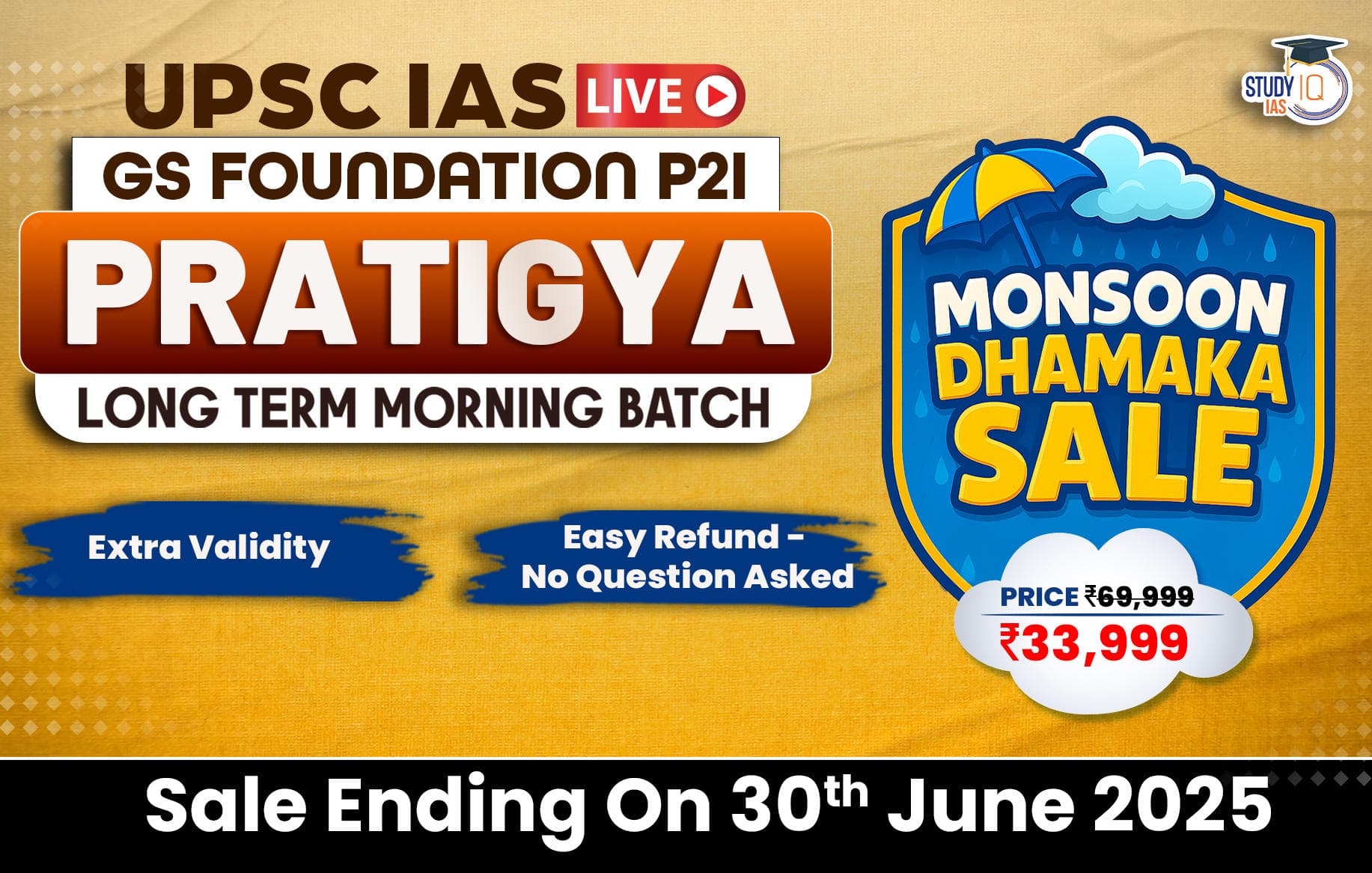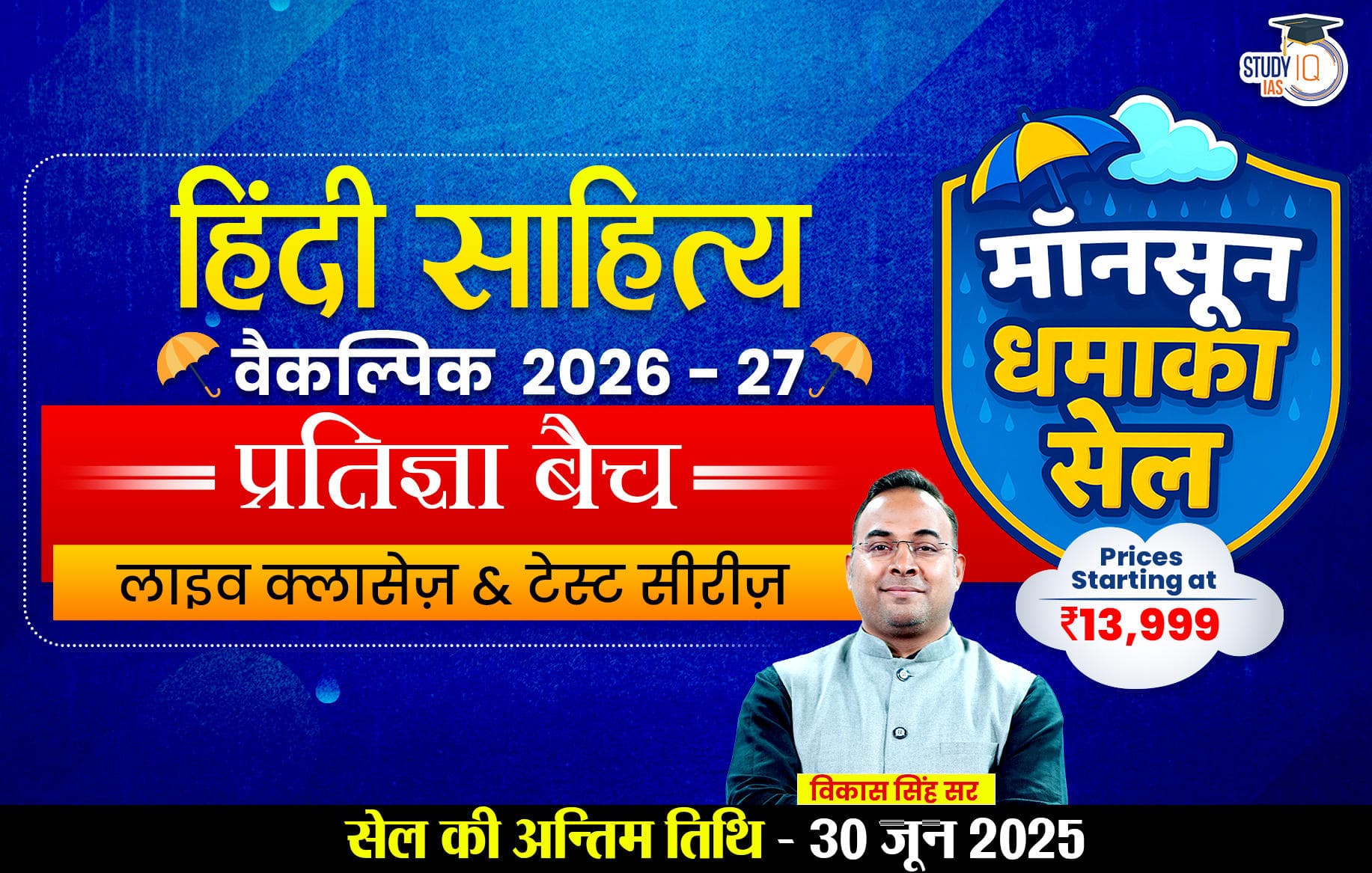Table of Contents
Union Executive
Union Executive provides supervision to the Indian Government and is considered the most significant official Government branch concerning practice, while primacy belongs to the Legislature. The Indian Parliament’s three members who make laws and oversee all administrative tasks make up the Union Executive.
The Union Executive is an important part of Indian Polity which is an important subject in UPSC Syllabus. Students can also go for UPSC Mock Test to get more accuracy in their preparations.
Union Executive Meaning
There is a fundamental link between the Union Executive and the State Executive. The Union executive duty to implement legislation passed by the Legislature and it coordinates with the governing party Ministers who make policy judgements. In comparison, the State Executive is the portion of the state administration which implements laws and is answerable to the government of the state.
Union Executive Composition and Structure
The ministries and the departments help to operate the administration successfully along with Legislature and directorate. All executive members’ responsibilities and qualifications are further discussed. The union’s executive is made up of:
- President (De Jure Head or Nominal or titular executive)
- Vice-president
- Prime Minister (De Facto Head or Real Executive).
- Attorney General
- Council of Ministers
Union Executive President
The president serves as both the state’s and the union executive’s head. The President is given executive authority, and he exercises it while being guided by the Ministers.
Qualifications
The President must be a citizen of India. According to Article 56, the President must be a citizen of India and be at least 35 years old. Additionally, he must be eligible to serve as an elective member of the House of People. As per Article 56(1), The President can hold office for 5 years from when he takes control of his position on the first day. The President’s position may become vacant in the event of his ouster, impeachment, demise, or Supreme Court disqualification.
Functions
According to Article 53 of the Indian Constitution, the President has the authority to enact laws and maintain public order. He can supervise the armed force as a Supreme Commander. He can address both Parliaments. Both Supreme Court and High Court judges, as well as important Indian government figures, may be appointed by him.
With the approval of the Ministerial Council and the Prime Minister, the President may declare war and peace. He can summon as well as dissolve the parliament through his legislative powers when there is a national emergency in addition to a state or financial emergency, the President also has additional authority.
Read More: List of President of India
Union Executive Vice-president
Under Articles 63 and 65, the Vice-President plays an essential role in the vacancy in the President’s office.
Qualification
He must be the previous Rajya Sabha chair. In his absence, whatever circumstance—including his illness, passing, or resignation from office—he can carry out the President’s duties.
Function
When necessary, such as during the president’s absence, illness, resignation, or death (as per Article 65), the vice president has the authority to act and perform similarly to the president. When the President is unavailable or ill (in accordance with Article 65), he has the power to terminate the President’s duties.
Read More: List of Vice Presidents of India
Union Executive Prime Minister
The Lok Sabha members who serve as the representatives of the people choose the Prime Minister in accordance with Article 73. Both the Council of Ministers and the Government’s top leadership report to him. He offers the President advice.
Qualification
A Rajya Sabha or Lok Sabha member is required to serve as prime minister. If he is running for the Rajya Sabha, he must be at least 30 years old and at least 25 years old if he is a member of the Lok Sabha. He must be an Indian national. He is not permitted to hold any position in the Indian Government or any state that is operated for profit. He can remain in office indefinitely, but he must get the support of the President and the Lok Sabha.
Function
The Prime Minister was put in charge of coordinating communications between the President and the Parliament. He is in charge of advising the President on how to divide up the workload among the several ministries that the Indian Government employs. For the administration of Cabinet sessions, the Council of the Union Executives must provide all information regarding Union business or decisions made.
Read More: List of Prime Ministers of India
Union Executive Attorney General
The Attorney General of India provides legal advice to the Indian Government and represents it before the Supreme Court. They serve at the President’s discretion and are recommended by the Union Cabinet when the President nominates them.
Qualification
For the position of Supreme Court Judge, they must be qualified. As a result, they were required to have served as a high court justice for five years or as an attorney for ten, or as a distinguished jurist. The Attorney General of India’s term is undetermined.
Function
On legal matters, the Attorney General provides advice to the government. They also fulfil the President’s legal obligations. Although he or she cannot vote, the Attorney General is entitled to appear in all Indian courts and to participate in Parliamentary proceedings. In all Supreme Court cases, the Attorney General represents the Government.
Union Executive Council of Minister
The Council of union executives is the legislative body established under Article 74. 60 to 70 ministers make up the Council of Ministers, including State Ministers, Cabinet Ministers, and Deputy Ministers.
Qualification
To be a member of either House of Parliament, the Council of Ministers must be eligible. He must be an Indian national. There is no time limit set for them, and either the President or the Prime Minister may request the resignation of any Minister.
Function
The Council of Ministers, which makes up India’s union government, can act in concert with the Legislative Assemblies. The Council of Ministers wields the real power in the nation. The majority of decisions in the cabinet are made by ministers rather than the governor.
Union Executive UPSC
A significant area of Indian politics covered in the IAS Exam is the Union Executive. Questions on the subject are permitted in the Preliminary, Main, and Interview rounds. In this article, we learn that the Union Executive of the Indian Constitution is the most significant body that allocates the President, Council of Ministers, and Prime Minister’s authority between the state and the Union levels.
The President can exercise these executive powers with the advice of the Council of Ministers and the Prime Minister, who together make up India’s union executive. The President and the Council of Ministers are the real heads of the union executive and exercise all the executive power at the national level. Students can read all the details related to UPSC by visiting the official website of StudyIQ UPSC Online Coaching.

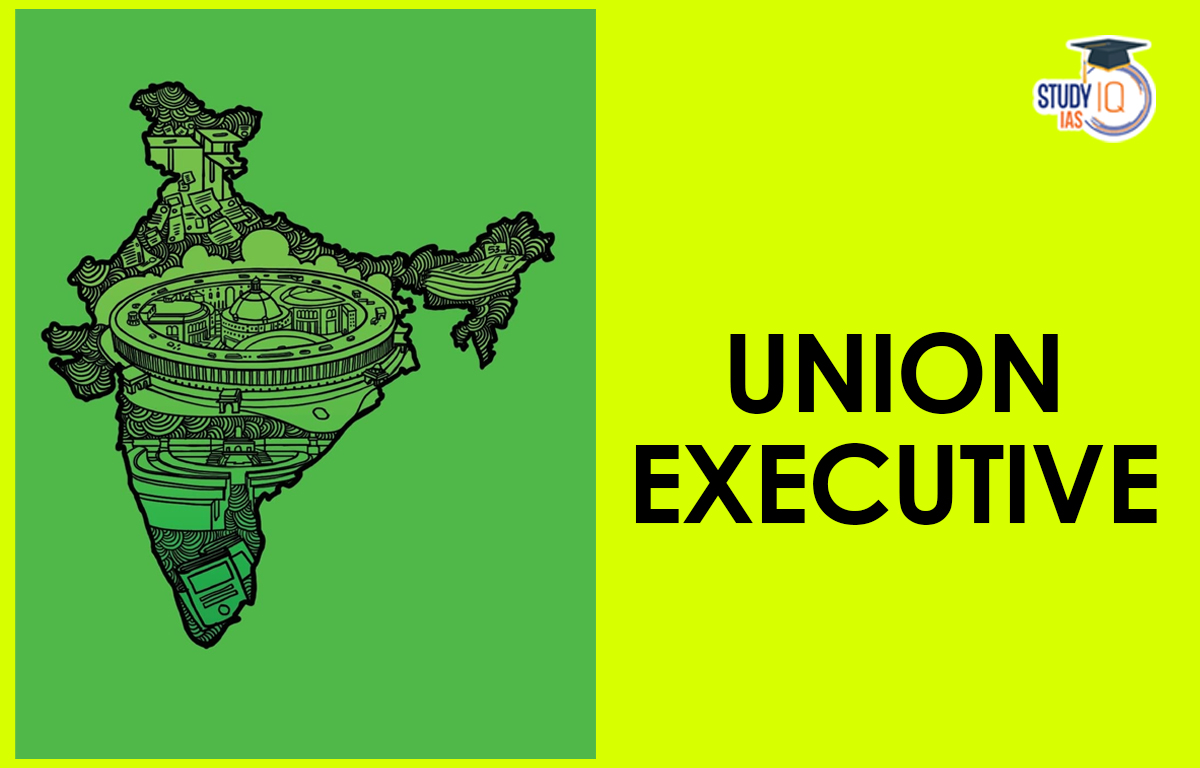
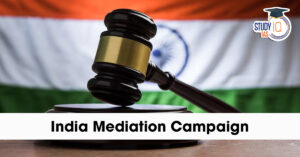 India Mediation Campaign, Objectives, Pr...
India Mediation Campaign, Objectives, Pr...
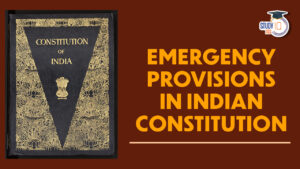 Emergency Provisions in Indian Constitut...
Emergency Provisions in Indian Constitut...
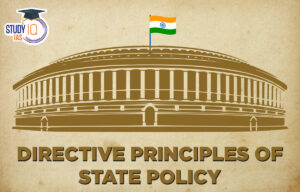 Directive Principles of State Policy (DP...
Directive Principles of State Policy (DP...


